Home - Blog
Strengthening RI Uptake: A Conversation with Jigawa PHCDA’s Director of Primary Health Care
To assess the program’s impact in Jigawa State, we spoke with Hassan Shuaibu Kwalam, Director of Primary Health Care at the Jigawa Primary Health Care Development Agency, who shared how All Babies has transformed immunization coverage in the state. He also emphasized the need for sustained collaboration to overcome ongoing supply chain and funding challenges.
Could you please introduce yourself?
Kwalam: My name is Hassan Shuaibu Kwalam, Director in charge of Primary Health Care at the Primary Health Care Development Agency of Jigawa State.
How would you describe the New Incentives – All Babies program's activities since it started in Jigawa State?
Kwalam: Looking at the contribution of New Incentives, things cannot be quantified. They have changed the landscape of routine immunization (RI) in Jigawa State. And you can see the coverage has peaked. Before the coming of ABAE (All Babies Are Equal) to the state, our routine immunization figure was a single digit: meaning, fully immunized is about 7%. Now, based on the NDHIS as conducted last year, the percentage of fully immunized in Jigawa State is 66%. I think this is an unprecedented achievement. This is not unconnected with cash transfers, or cash payments, done by ABAE. This motivates the caregivers to bring their children out for vaccinations.
Secondly, it also lessens the burden on mothers and caregivers, in terms of transportation costs to the vaccination sites. So, I think ABAE has changed the immunization landscape of Jigawa State, from the negative indices to the positive indices. And look at the broader term; the mortality and morbidity of the disease have greatly decreased. Now, we are in a hot season, and you can see the temperature is more than 41°C. If there were no strong routine immunization in the state, by now, our hospitals and bigger PHCs might have been populated by children having measles and CSM (meningitis). But now, we can go to any of the facilities and see that the burden of measles and CSM is less because of the penetration of routine immunization.

Why are we having this meeting with PHC directors, and what results were you hoping to achieve?
Kwalam: I think for Jigawa, this is the first time we are having this PHC managers meeting, [as organized and sponsored by NI-ABAE] where we gathered the 27 PHC managers to discuss the issue of routine immunization in the state. And then, we also give the state team an analysis of what we are going to do to improve the routine immunization service across the 27 LGAs. Invariably, we also expect the PHC managers to have a similar meeting in their own LGAs. So, it's going to be a quarterly [recurring] meeting whereby we'll be engaging the PHC directors, so that we look at what issues they’ve had with routine immunization and what needs to be done to address the issue. So, after this meeting, we are going to track the action points. We'll follow it one after the other so that we can get our routine immunization on course.
I believe this meeting is worth it, considering the number of the participants here. We have the PHC managers, the state team members, and the people from New Incentives. So, it will give us an opportunity where we rub minds and discuss routine immunization in silos and get a common understanding of the problem with a common action point that will be implemented up in the 27 LGAs. So, we hope that the meeting, the quarterly [recurring] meeting, as supported by NI-ABAE, will be sustained. And then, we have it as a platform to address some of our routine immunization challenges across the 27 LGAs.

What are the major challenges you're currently facing in sustaining routine immunization efforts, and how do you think ABAE can help address them?
Kwalam: Generally, I can say, without any fear of contradiction, that ABAE has done well in the state. Looking at their coverage and the staff they've given us, they are very polite, with good IPC (interpersonal communication) skills. And then, the incentives they are giving to the mothers are very timely. Without any condition, after vaccination, you just receive your money. So, we want New Incentives – ABAE to keep track of records.
The major challenge, I can say, isn't within the system; it's within the supply chain because of a frequency of stockouts of vaccines. You know, by regulation, the national level is supposed to purchase the vaccines, not the state. So, that's why whatever we are getting is from the national level. That's why we have a frequency of stockouts.
And then, my request or my prayer to ABAE, now for the last three years, we have a PHC MoU [between the state, the Gates Foundation, and the Aliko Dangote Foundation to support routine immunization]. But that program ended in the first quarter of this year. So, as a state, we are struggling. Who will pay for the vaccine delivery from the state to the LGA? Who will pay for demand generation, which involves data reconciliation, between the health workers and 'Jakadan Lafiya' (health ambassadors)? And then, equally the most important one, we don't know who will motivate the health workers, given the cost of outreach.
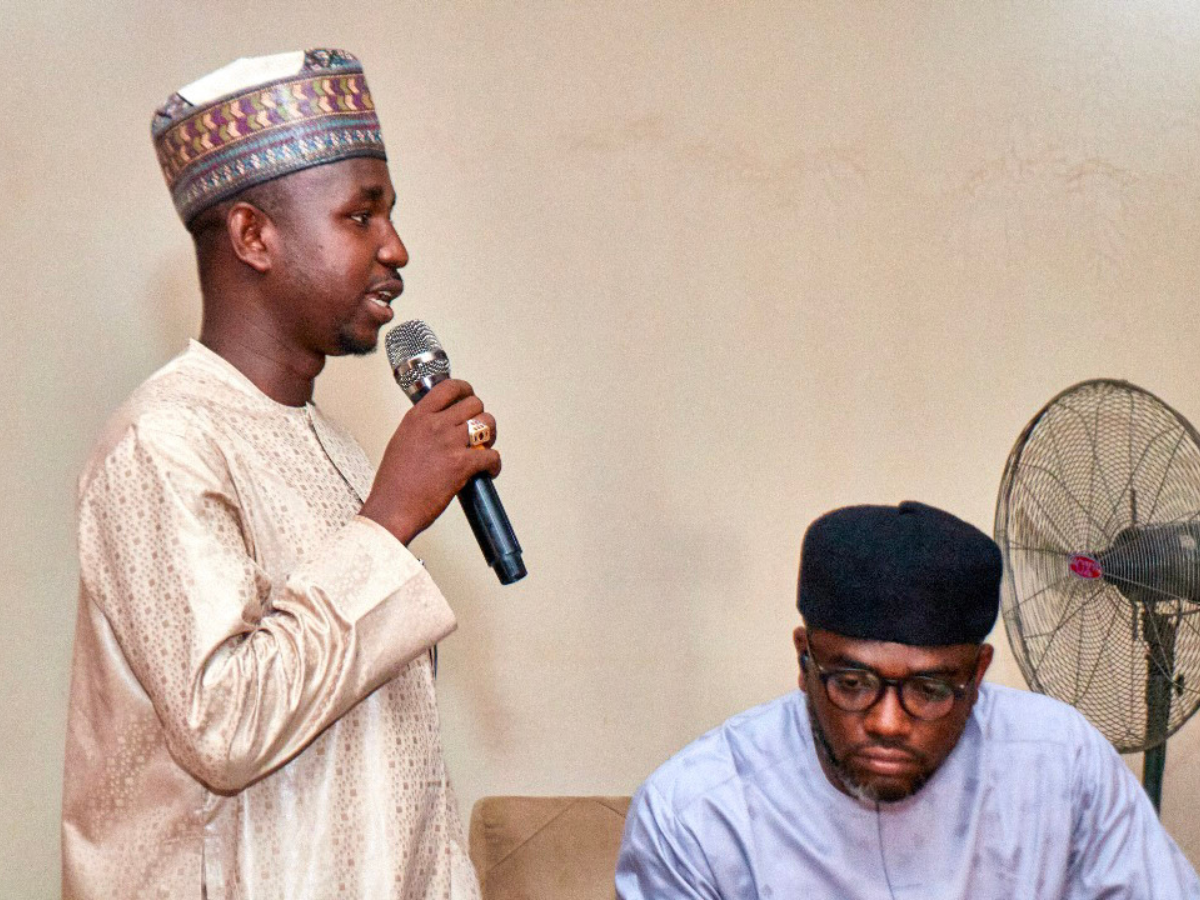
So, maybe from these activities I had mentioned, New Incentives will kindly look at one area and pick [a way to help]. Even though the state government is looking at a possibility of sustained funding, I am requesting New Incentives to look at either shouldering responsibility for paying for outreach services or the responsibility of conveying vaccines from the state to the LGAs. I know they are also supporting the RI review meeting across the state, but I believe they can do more.
So, thank you so much. We appreciate ABAE for all the good works they are doing in Jigawa State. And then, we want them to stay. We are not yet mature. Thank you so much.
.svg)
.svg)
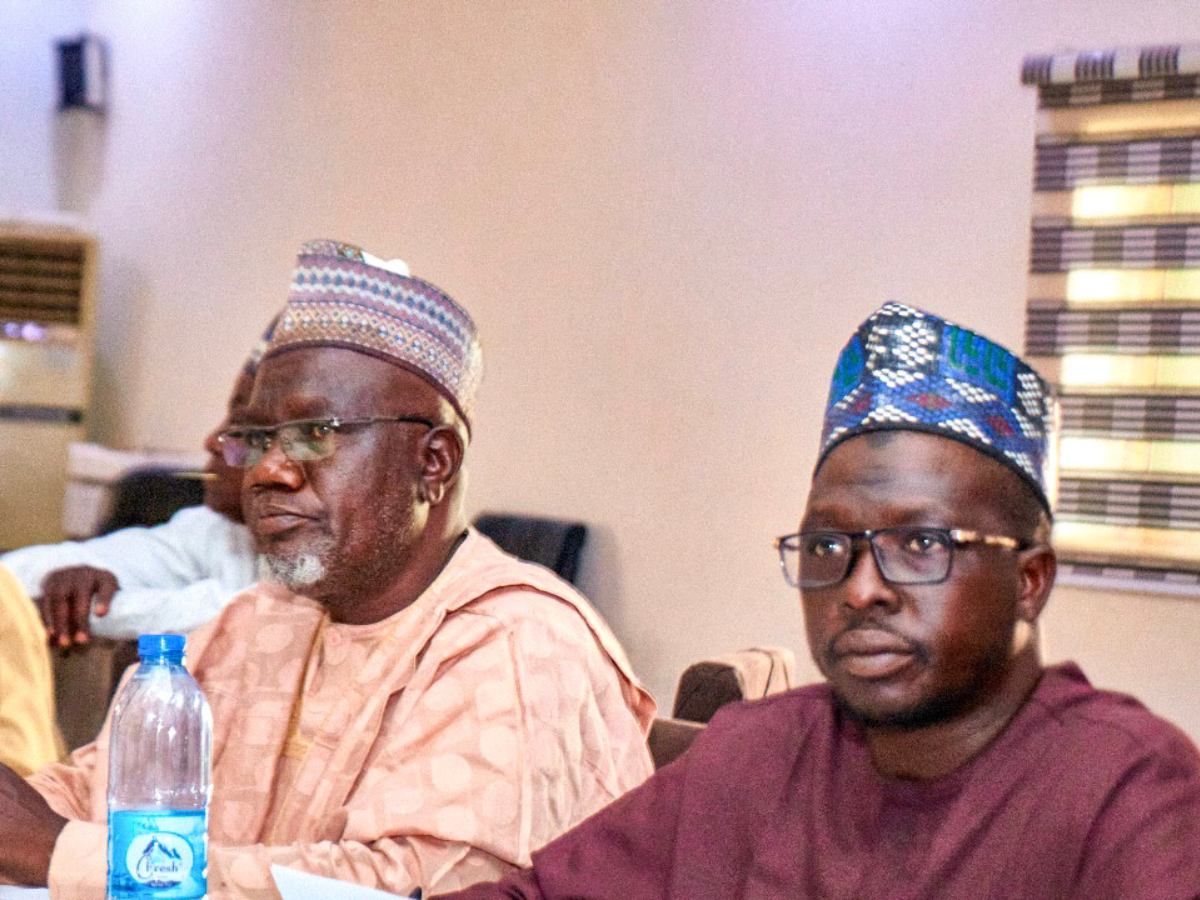

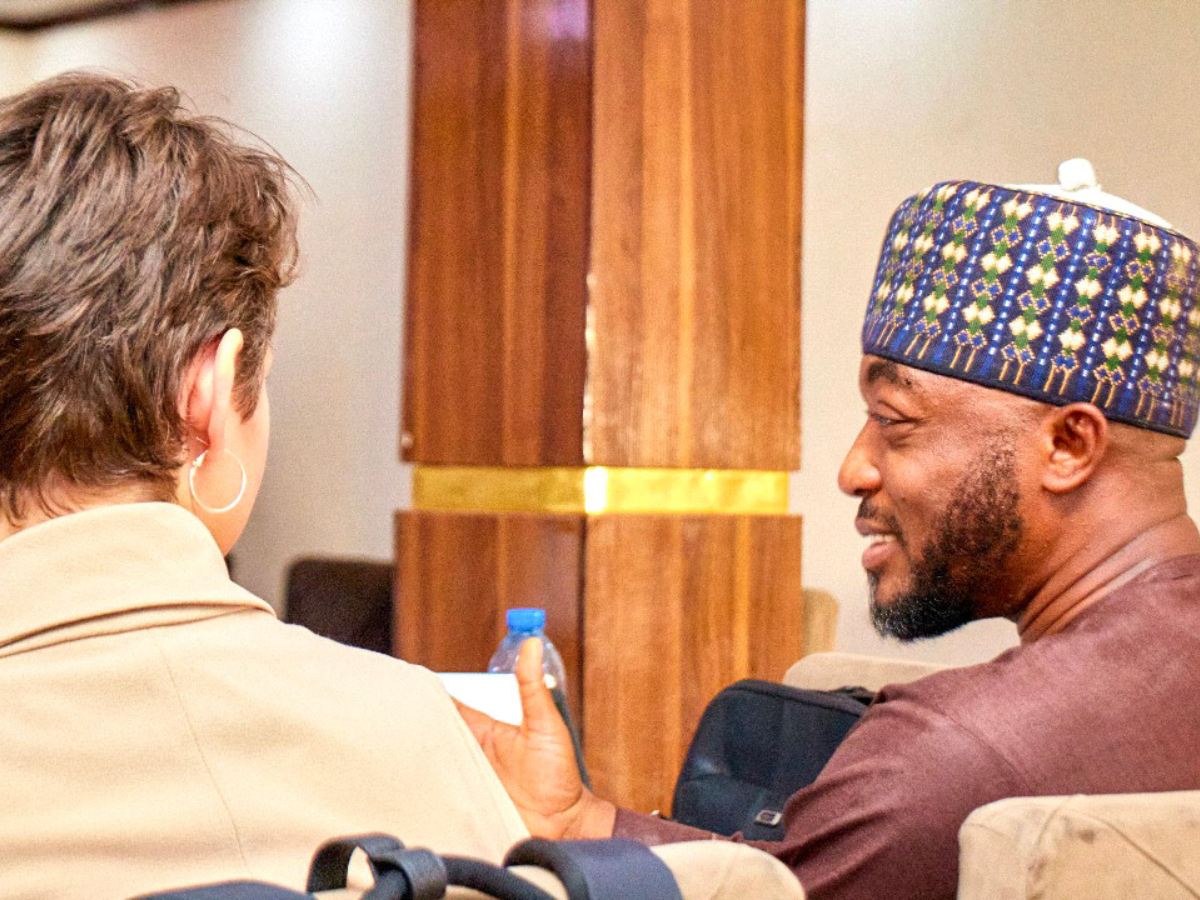
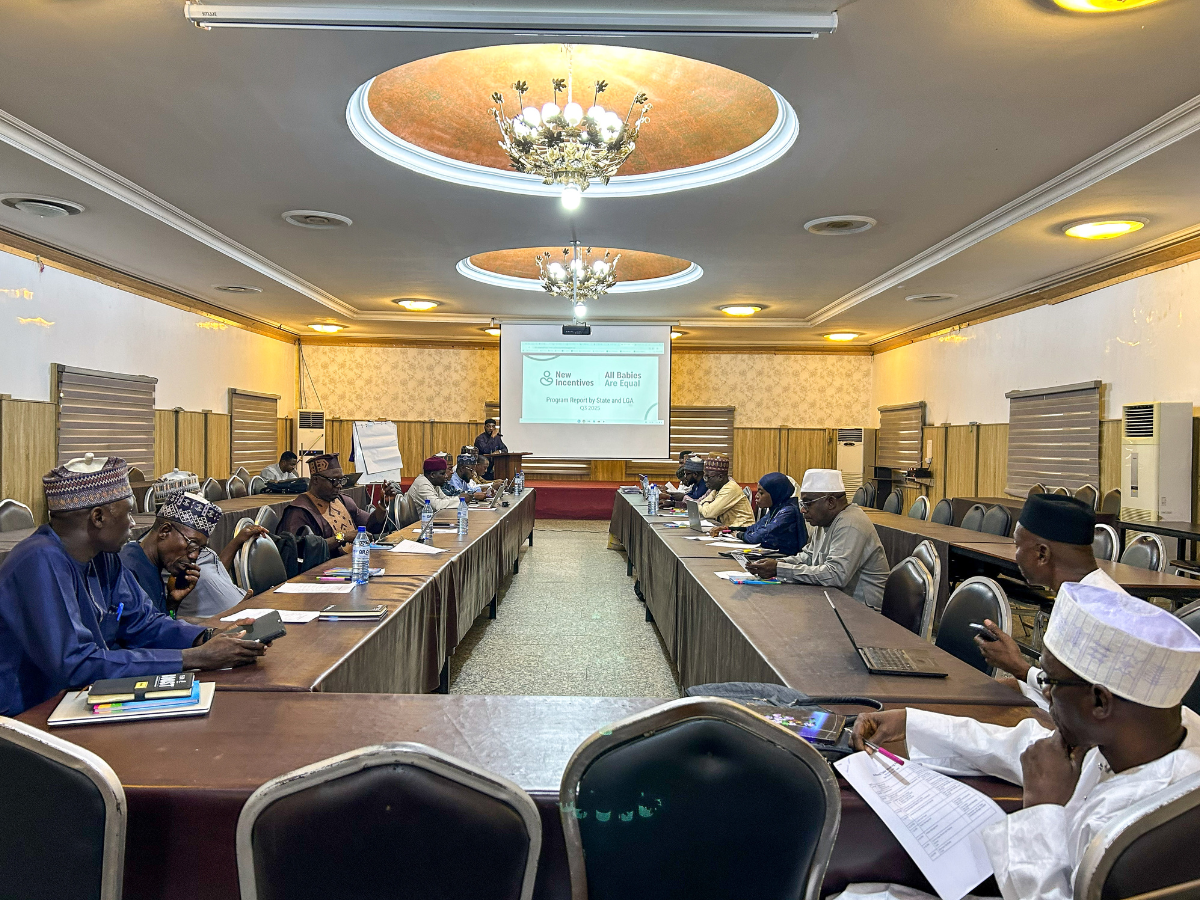
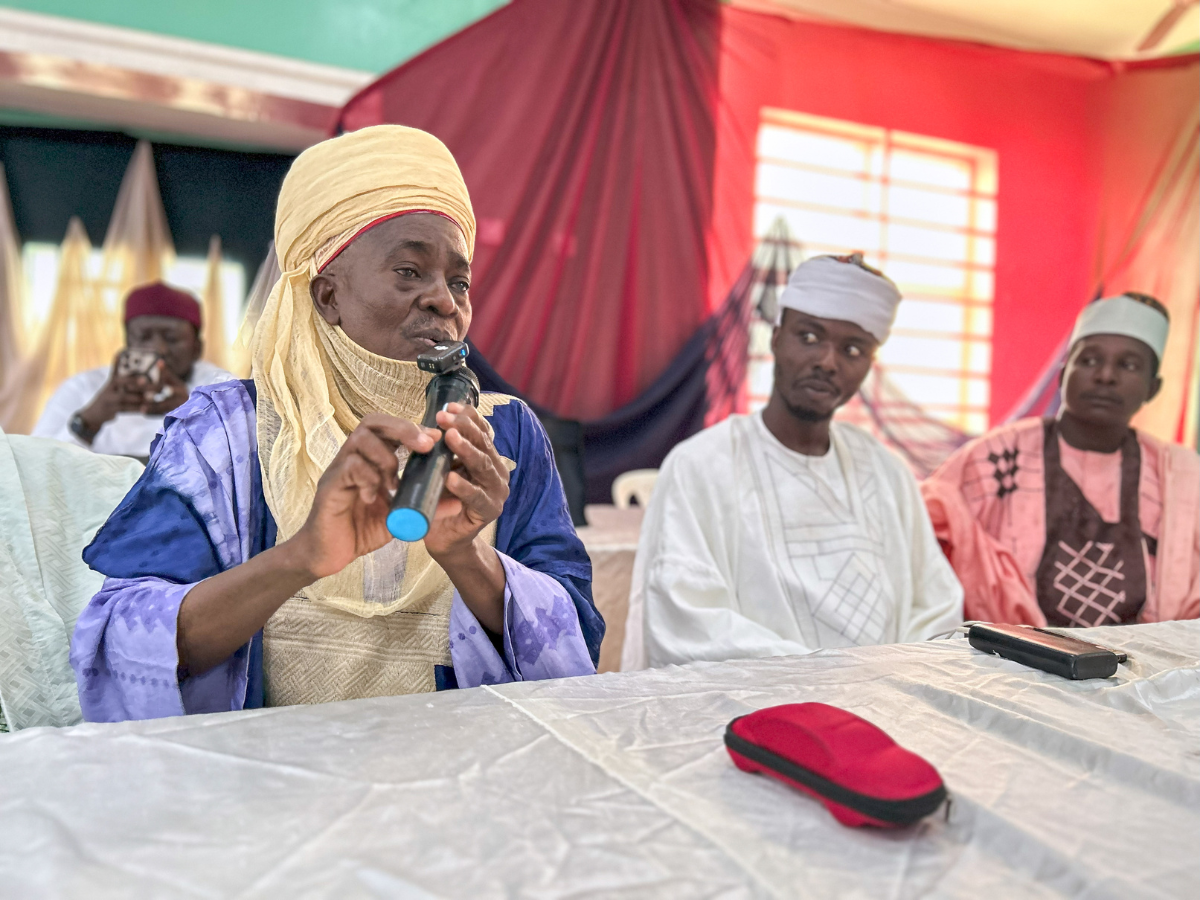
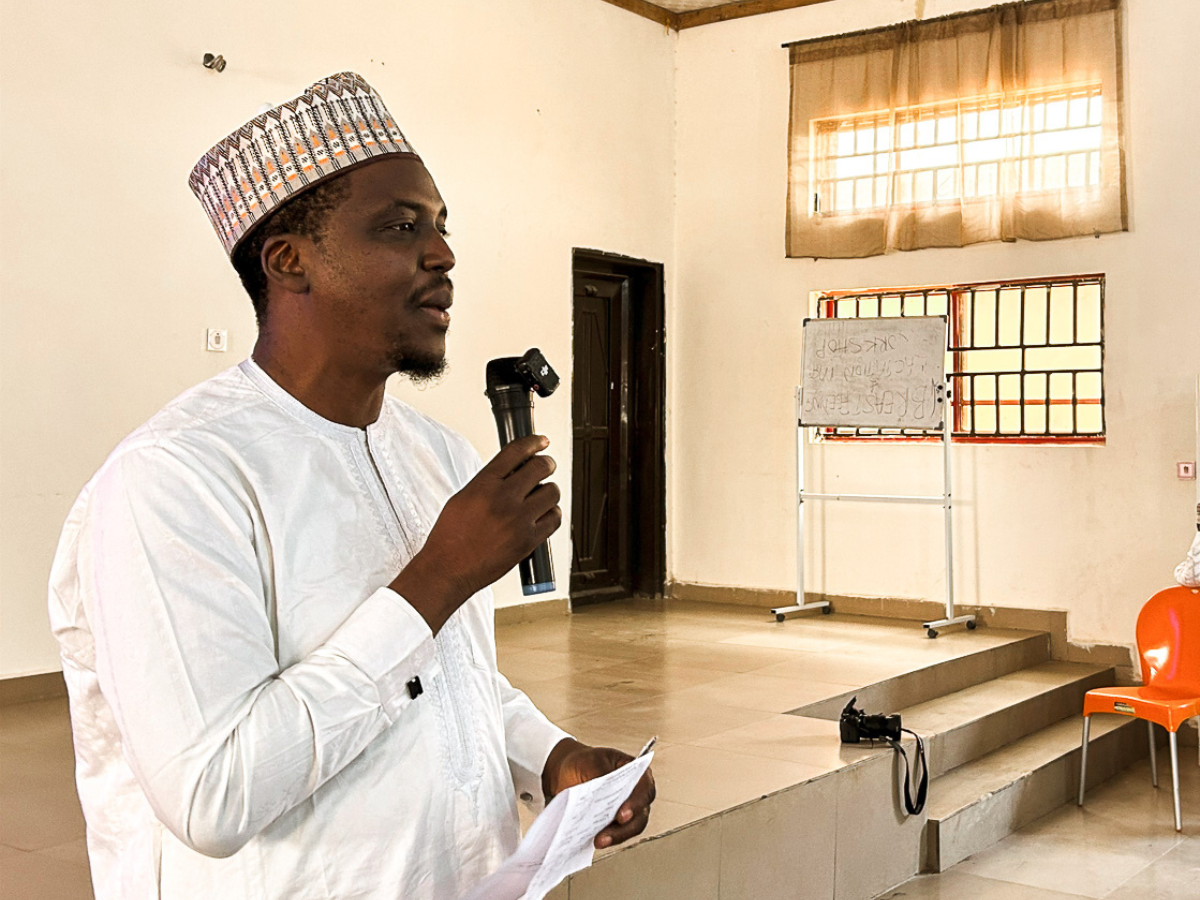




.png)